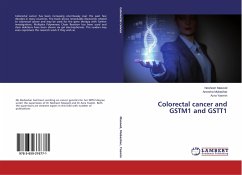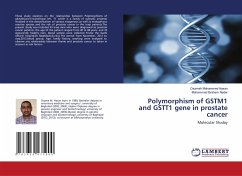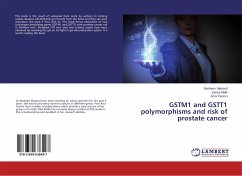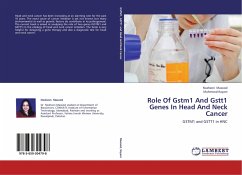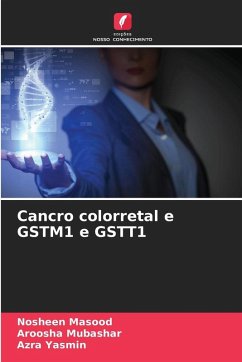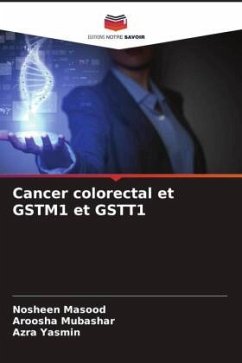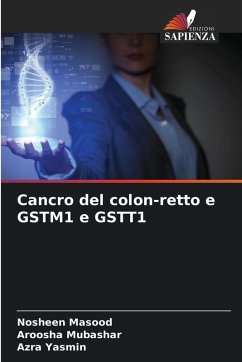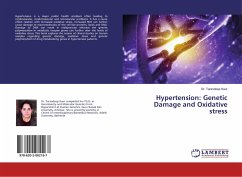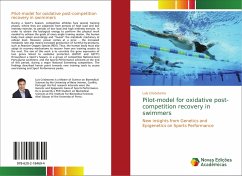
Pilot-model for oxidative post-competition recovery in swimmers
New insights from Genetics and Epigenetics on Sports Performance
Versandkostenfrei!
Versandfertig in 6-10 Tagen
33,99 €
inkl. MwSt.

PAYBACK Punkte
17 °P sammeln!
During a Sport's Season, competitive athletes face several training phases, where they are subjected from periods of high load and low intensity exercise, to periods of low load and high intensity exercise. In order to obtain the biological energy to perform the physical work needed to achieve the goals of every single training session, the human body must adapt accordingly and "tweak" the metabolic machinery at cellular level. However, power comes at a price - the increased metabolic rate also means increased production of harmful by-products, such as Reactive Oxygen Species (ROS). Thus, the ...
During a Sport's Season, competitive athletes face several training phases, where they are subjected from periods of high load and low intensity exercise, to periods of low load and high intensity exercise. In order to obtain the biological energy to perform the physical work needed to achieve the goals of every single training session, the human body must adapt accordingly and "tweak" the metabolic machinery at cellular level. However, power comes at a price - the increased metabolic rate also means increased production of harmful by-products, such as Reactive Oxygen Species (ROS). Thus, the human body must also adapt its recovery mechanisms to recover from one training session to the next. The aim of this work is to correlate the gene expression of two genes linked to oxidative protection (GSTM1 and GSTT1) throughout a Sport's Season, in a group of competitive National-level Portuguese swimmers, and the Sports Performance achieved at the end of this period, during a major National Swimming competition. The findings described herein point towards new training tools to access overtraining and Sport Performance peaks.



